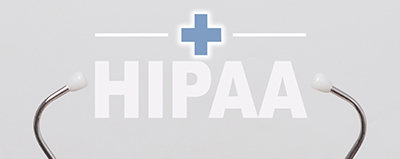Privacy, Security, and HIPAA
![]()
Health information technology promises a number of potential benefits for individuals, health care providers, and the nation’s health care system.
It has the ability to advance clinical care, improve population health, and reduce costs. At the same time, this environment also poses new challenges and opportunities for protecting individually identifiable health information.
Federal policies and regulations are in place to help protect patient privacy and guide the nation’s adoption of health information technology.
HIPAA Basics
The Health Insurance Portability and Accountability Act of 1996 (HIPAA) is the main Federal law that protects health information.
In addition to HIPAA, other federal, state, and local laws govern the privacy, security, and exchange of healthcare information.

Privacy & Security Resources & Tools
ONC provides a wide range of privacy and security resources and tools for both consumers and healthcare providers.
Consumer Rights & Tools
The privacy and security of patient health information is a top priority for patients and their families, health care providers and professionals, and the government. Federal laws require many of the key persons and organizations that handle health information to have policies and security safeguards in place to protect your health information — whether it is stored on paper or electronically.

Patient Access to Health Records
Patient engagement can have big benefits for your practice and your patients: better communication, better care, and better outcomes. Health information technology (health IT) is a powerful tool to help you get there — so learn how to make it work for you.

